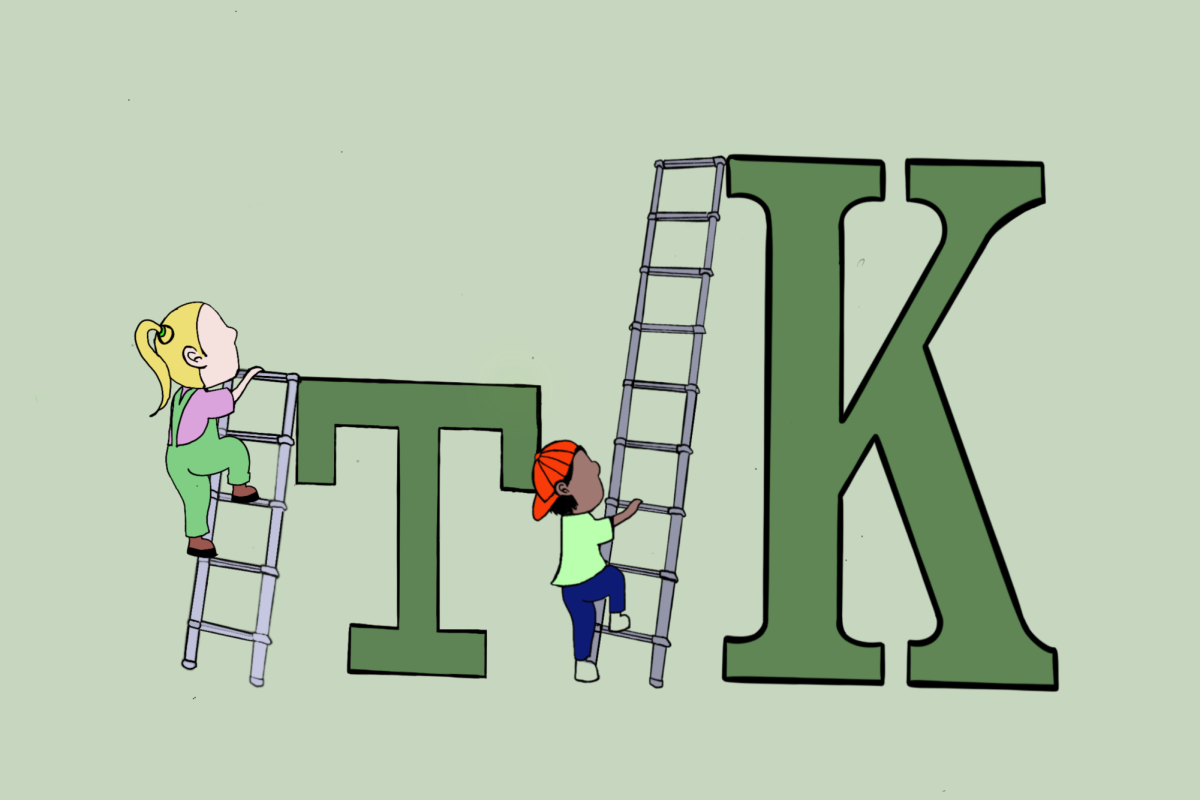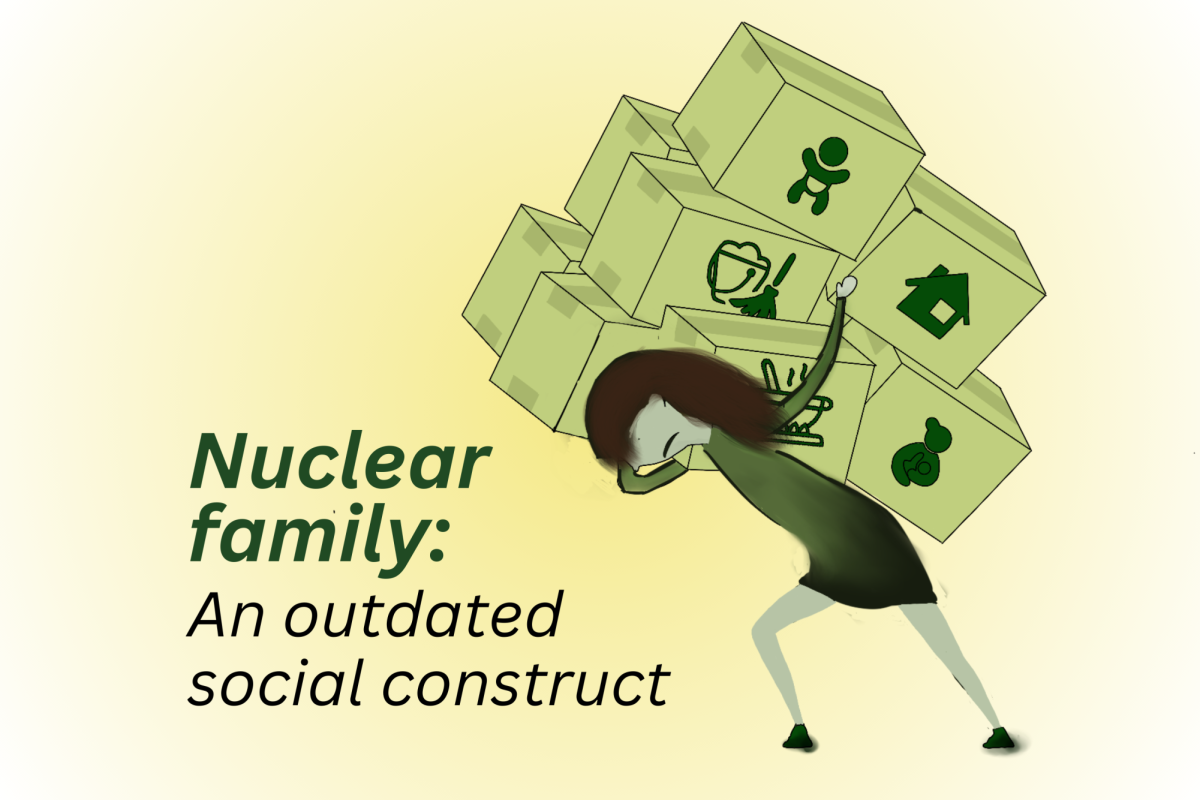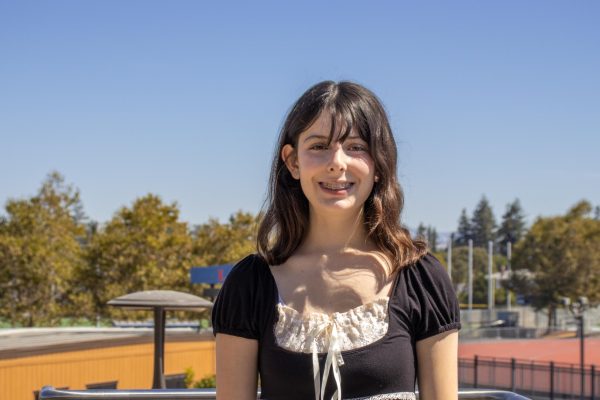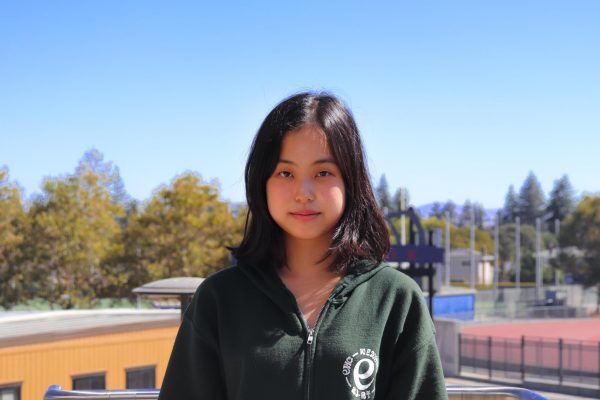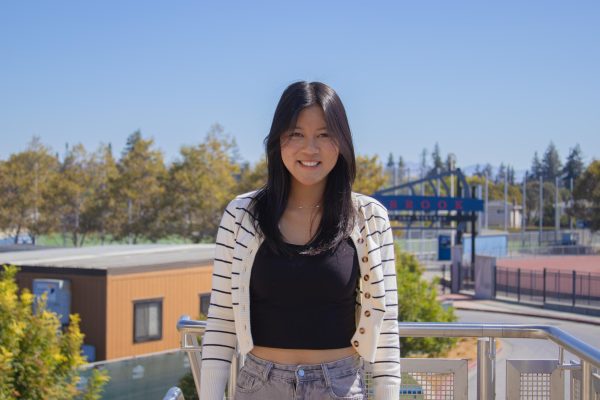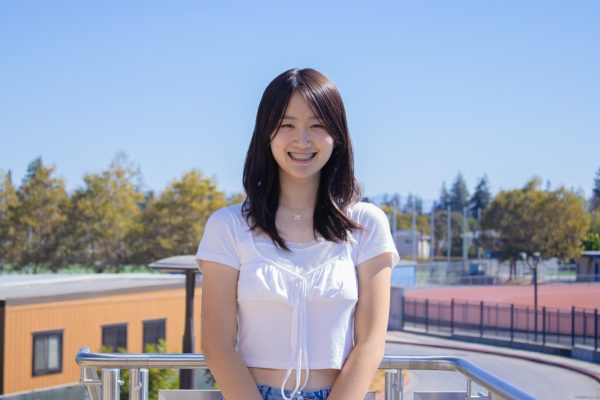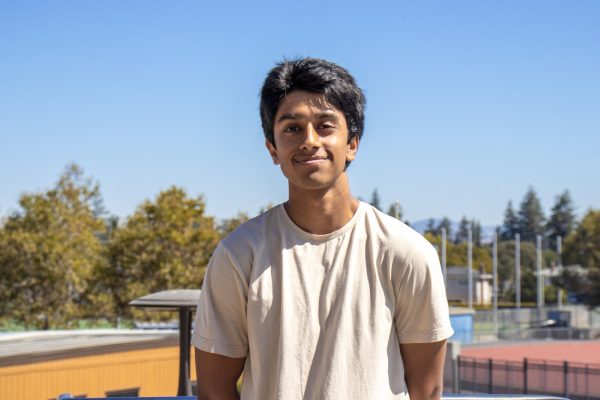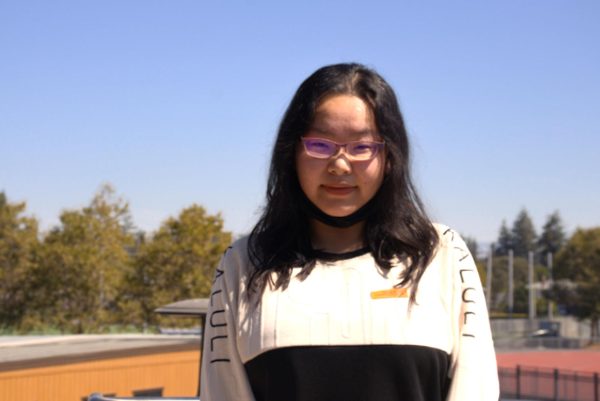The Universal Pre-Kindergarten program guaranteeing access to public transitional kindergarten in California will take effect by the 2025-26 school year, providing free TK and improving the quality of existing TK classes for all families regardless of social class or immigration status.
This decision aims to support children from underprivileged families so they can thrive with minimized financial constraints. For families who struggle financially, pre-K’s high cost can often discourage them from enrolling. As a result, children born after the cutoff date can possibly miss an entire year of education if they do not enroll in private preschool programs. According to the Center of Developing Child at Harvard University, 90% of brain development occurs before age five, meaning the period before kindergarten is crucial to a child’s development. By spending time in a classroom setting in this period, children are given the opportunity to foster relationships, develop important social skills, improve executive functioning and better prepare students for elementary school and beyond.
“The type of experiences that children have had is very important to their growth,” said Michelle Herriage, a director in the Educational Services Department at Cupertino Unified School District. “After the children arrive in our classrooms, we work with them from there on helping to develop skills, whether they are academic, social or emotional.”
Transitional Kindergarten, a form of pre-K meant for students born after the Sept. 2 cutoff date enriches childrens’ learning experience, though they are too young to enroll in the regular kindergarten program.
“TK is a place where we learn a lot about social emotional learning,” said Jamie Sung, a TK teacher at Campbell Unified School District. “Our students not only learn how to identify and express their own feelings, but also how to socialize and collaborate with other peers.”
Social emotional learning is very important in pre-K education. According to Sung, many children in her TK classroom hold egocentric and narrow worldviews. To combat this problem, TK teachers have implemented activities into their classes that allow children to develop these skills.
“In TK we talk a lot about other people’s feelings and how our actions and our behaviors can affect other people,” Sung said. “Prior to kindergarten, their thinking is typically very much self-centered.”
Along with increased student enrollment in TK classes offered at school, class sizes will be reduced, granting each student more individualized care, because teachers can devote more of their limited attention to fewer students at their critical early learning stage.
“Having 24 young kids in one classroom is just a little bit too much,” Sung said. “It’s harder for kids to have the attention that they need at a younger age, so having a lower student to teacher ratio is going to help our students succeed more.”
The change also fosters more interaction between teachers and students, helping students build social and emotional skills. Such skills are important as children are heavily influenced by their environment. Pre-K presents a social and educational challenge for children while maintaining a supportive environment. In a pre-K setting, students are given the opportunity to collaborate, engage in group discussions and interact with their peers. As a result, students who attend a pre-K program are more likely to have higher confidence, social skills and academic learning skills.
The UPK program is already improving educational settings at CUSD. According to Herriage, there are now 22 TK classes compared to the 11 classes from the past, each holding 24 students. This change in the number of classes provided shows that access to free pre-K is already making a mark on families who have eligible children, and enrollment numbers are climbing.
Some experts have expressed concerns that this new law would lead to young children feeling academically pressured. These critics believe that the solution would be to emphasize play-based learning, where children mostly socialize and play in small groups, easing them into the school environment. Many educators are already working on ways to implement play-based learning in pre-K and TK classrooms.
“Preschool is about community and being social and kids being kids,” English teacher Jane Gilmore said. “I don’t want that to be lost.”
While the UPK program is still in development and will only be fully implemented in a couple of years, multiple aspects of pre-K have already been improved. Pre-K is slowly becoming more accessible to low income families and all age ranges, setting new standards for pre-K classrooms in the future. In this critical period of a child’s life, the UPK initiative will ensure that every child has the right to receive the education they need and are set on the right path for success.






















































